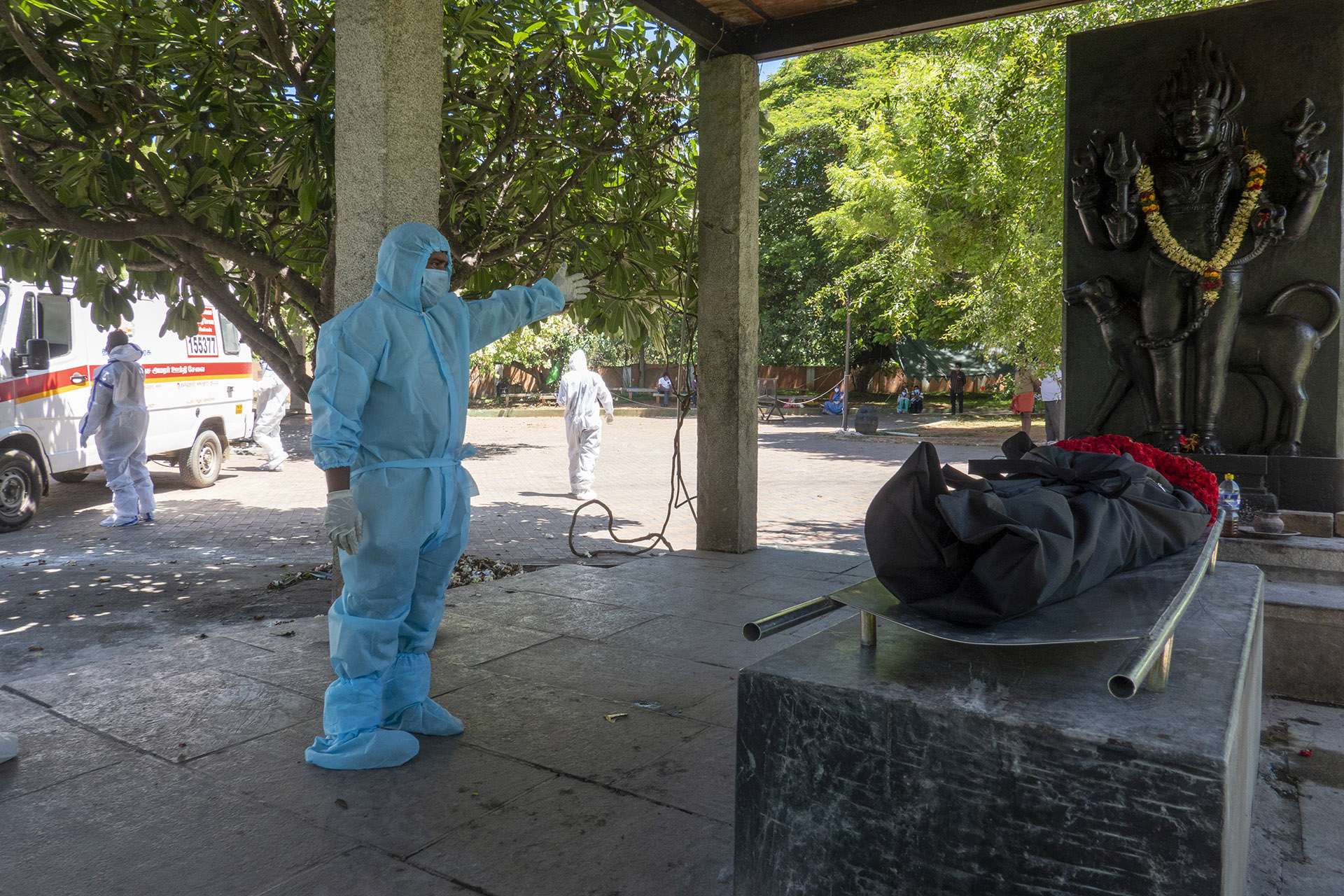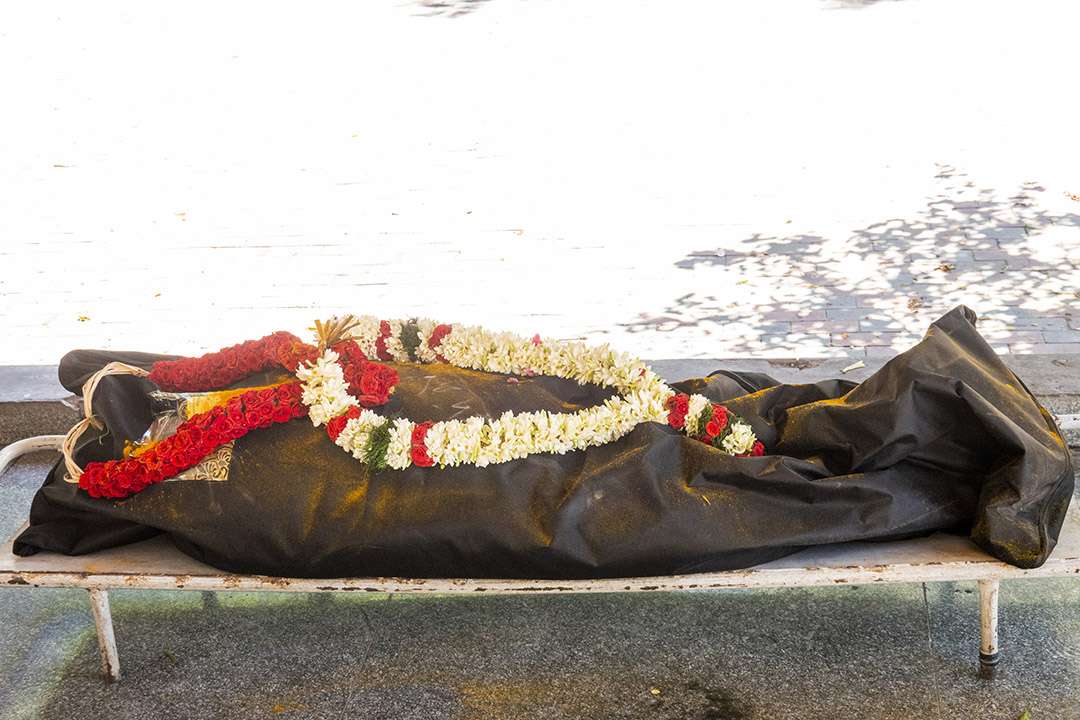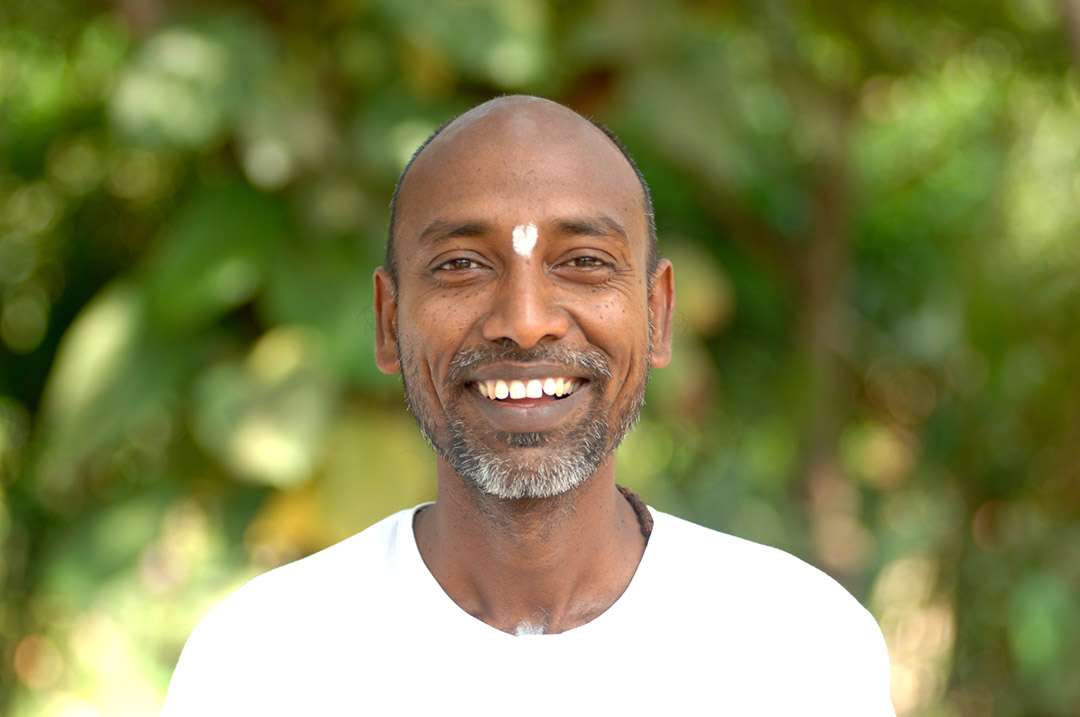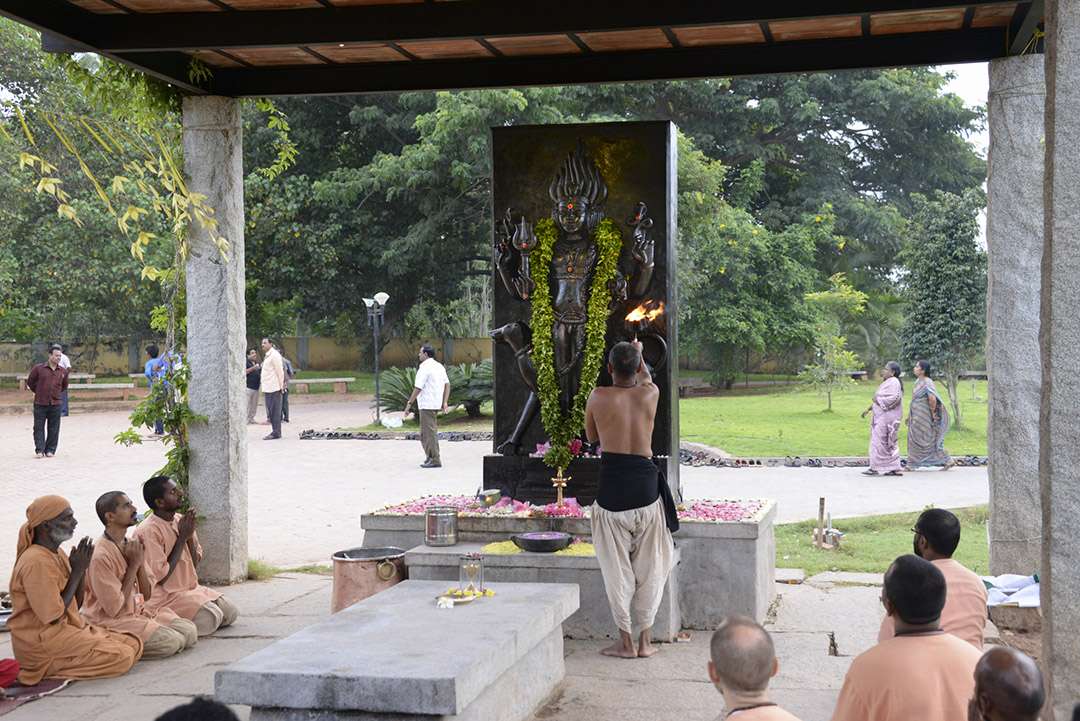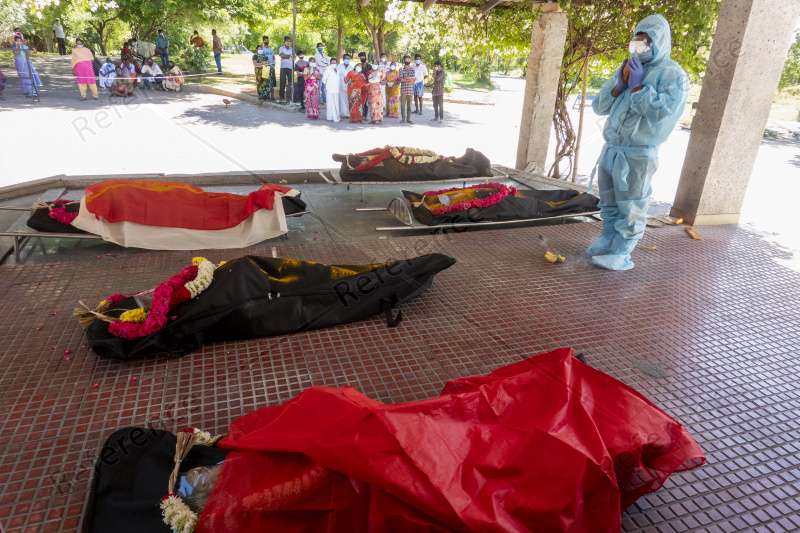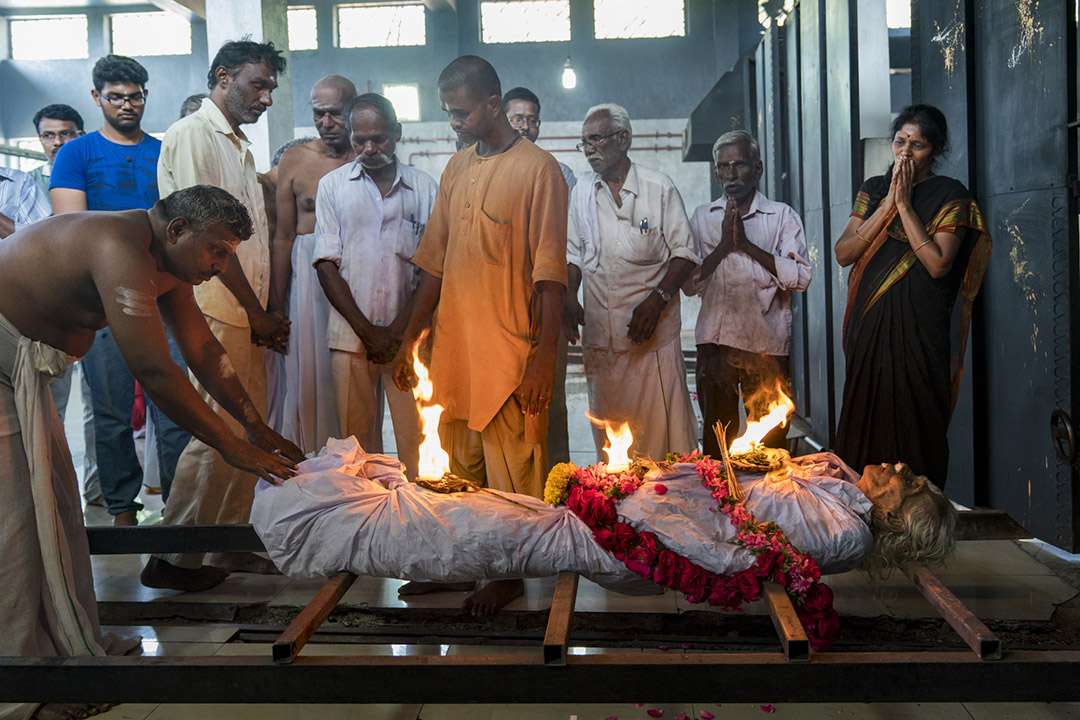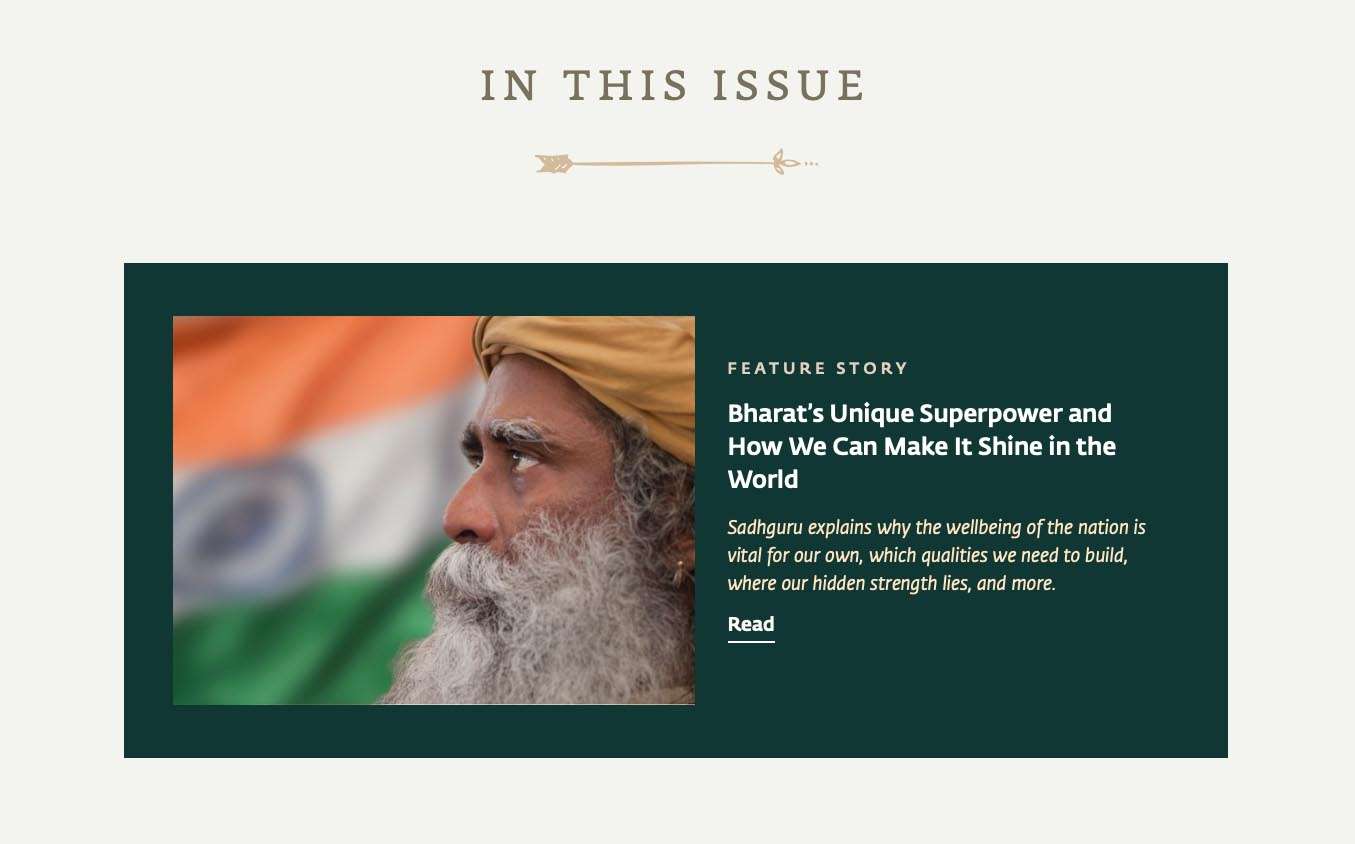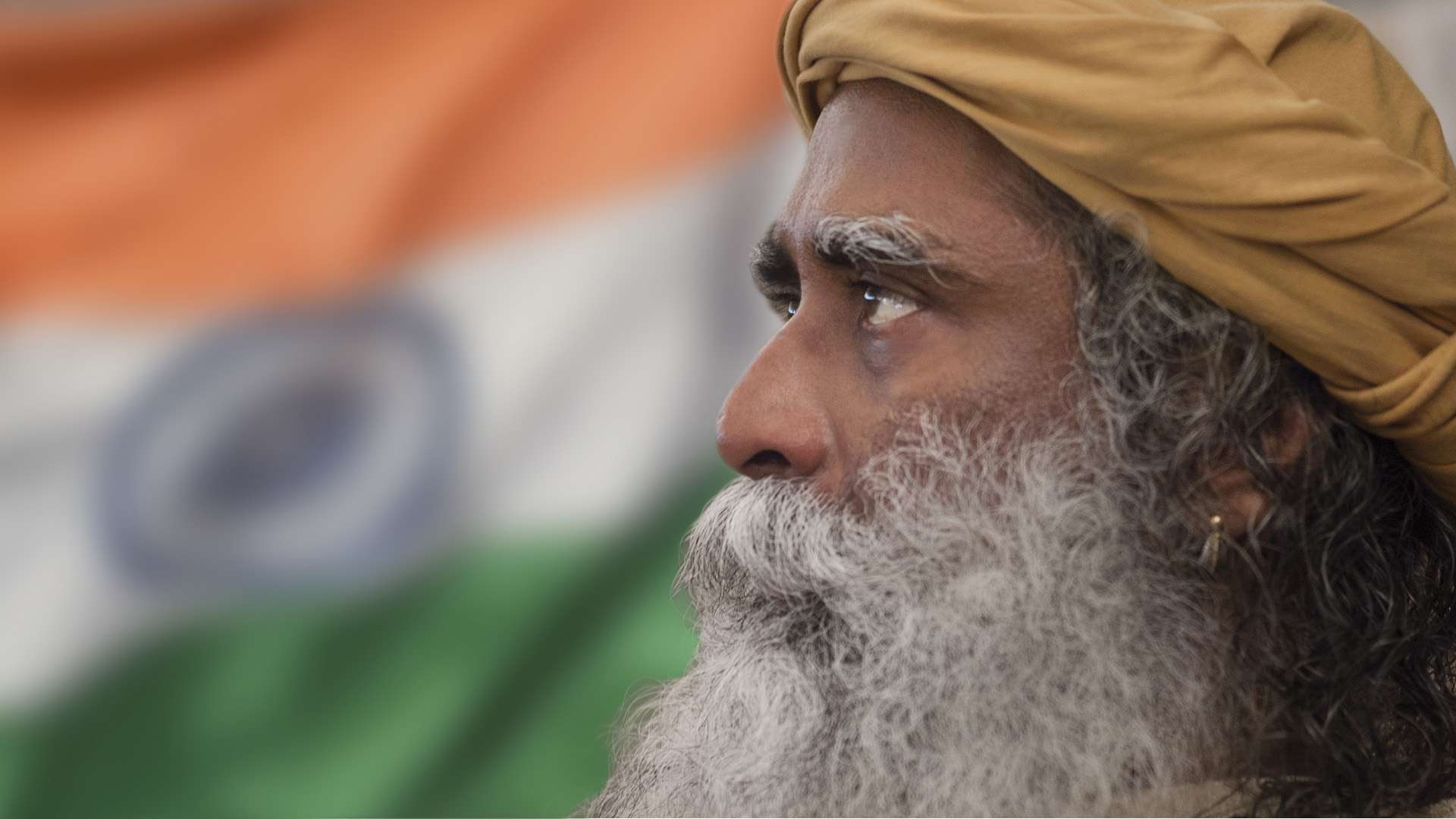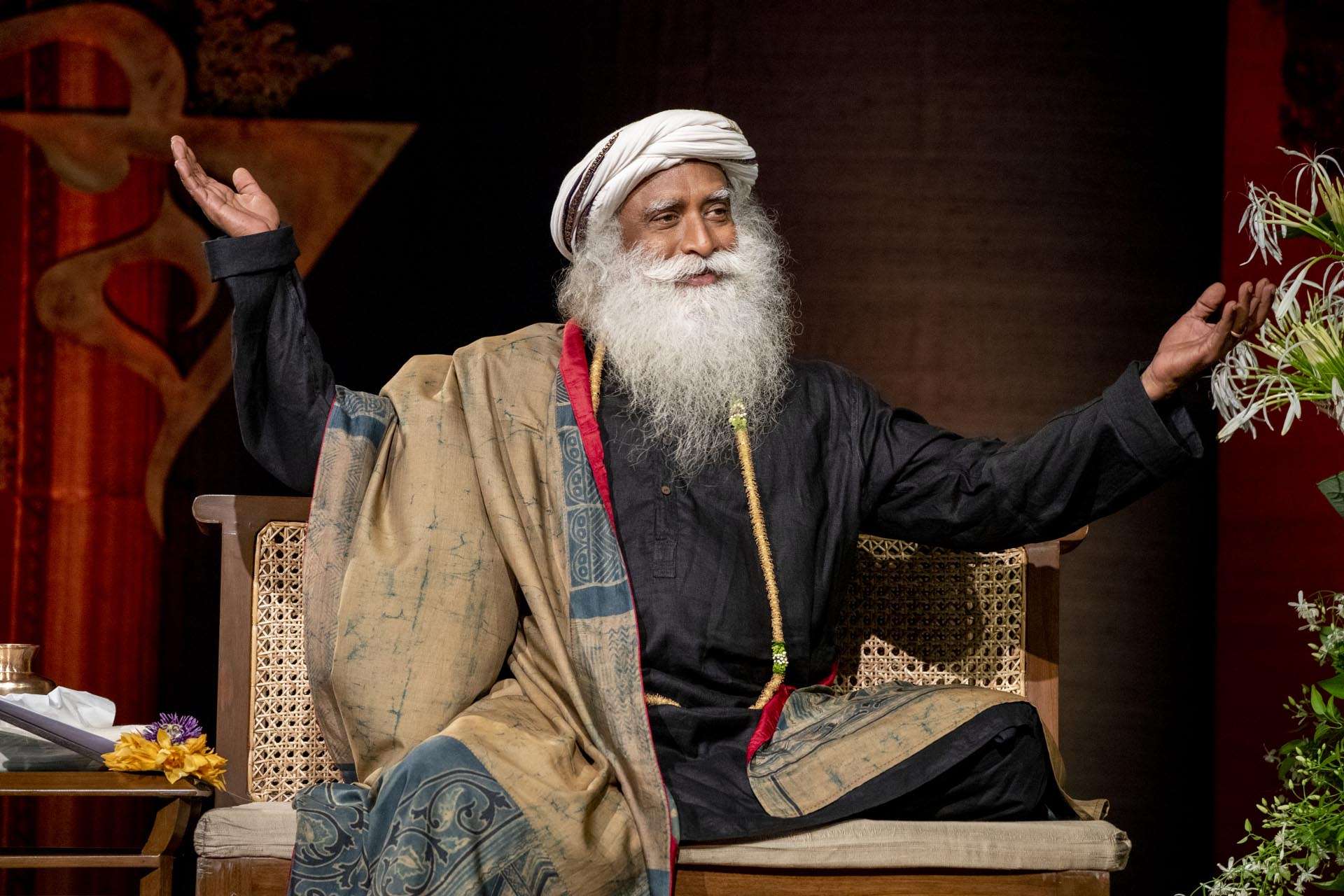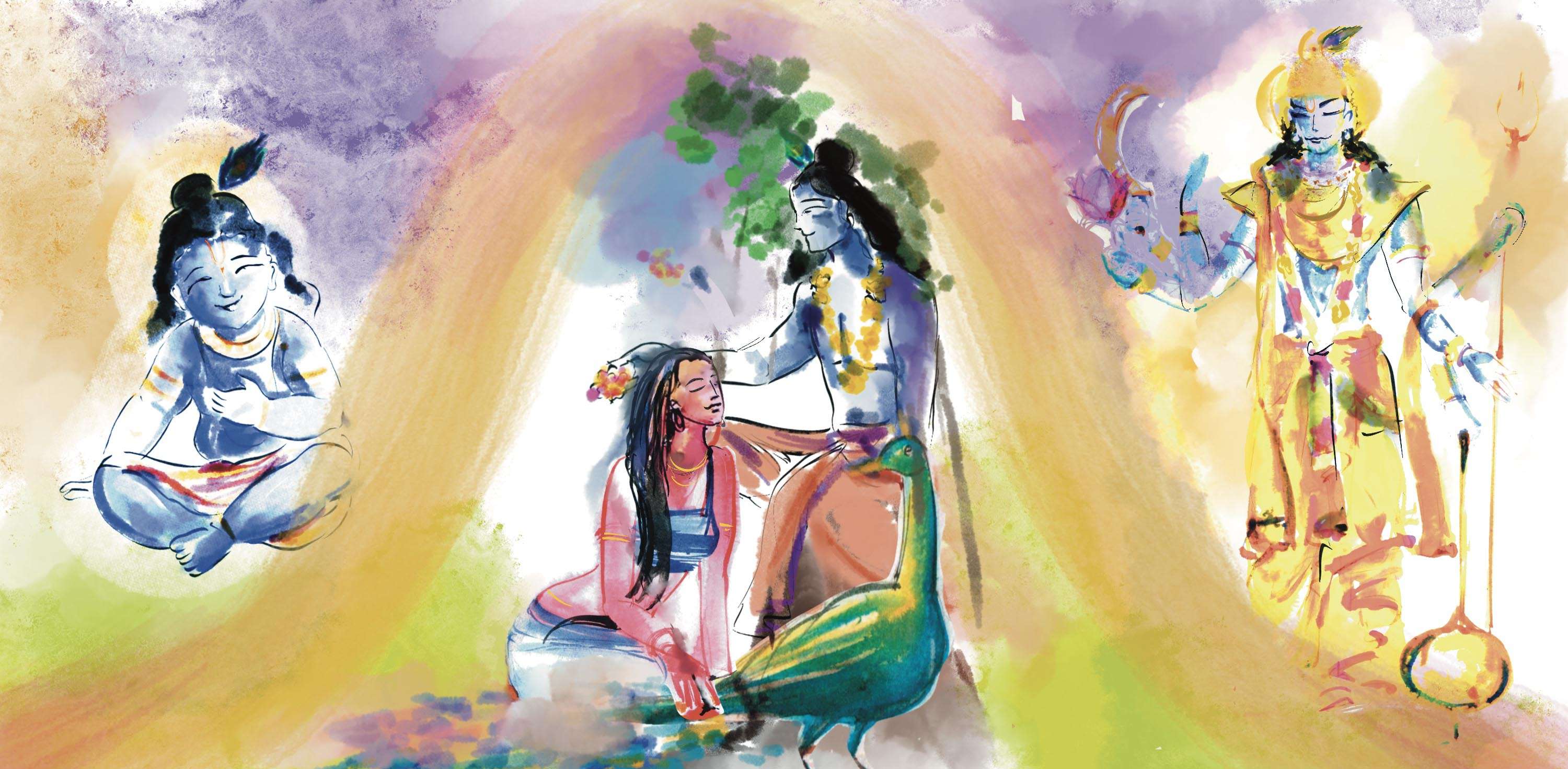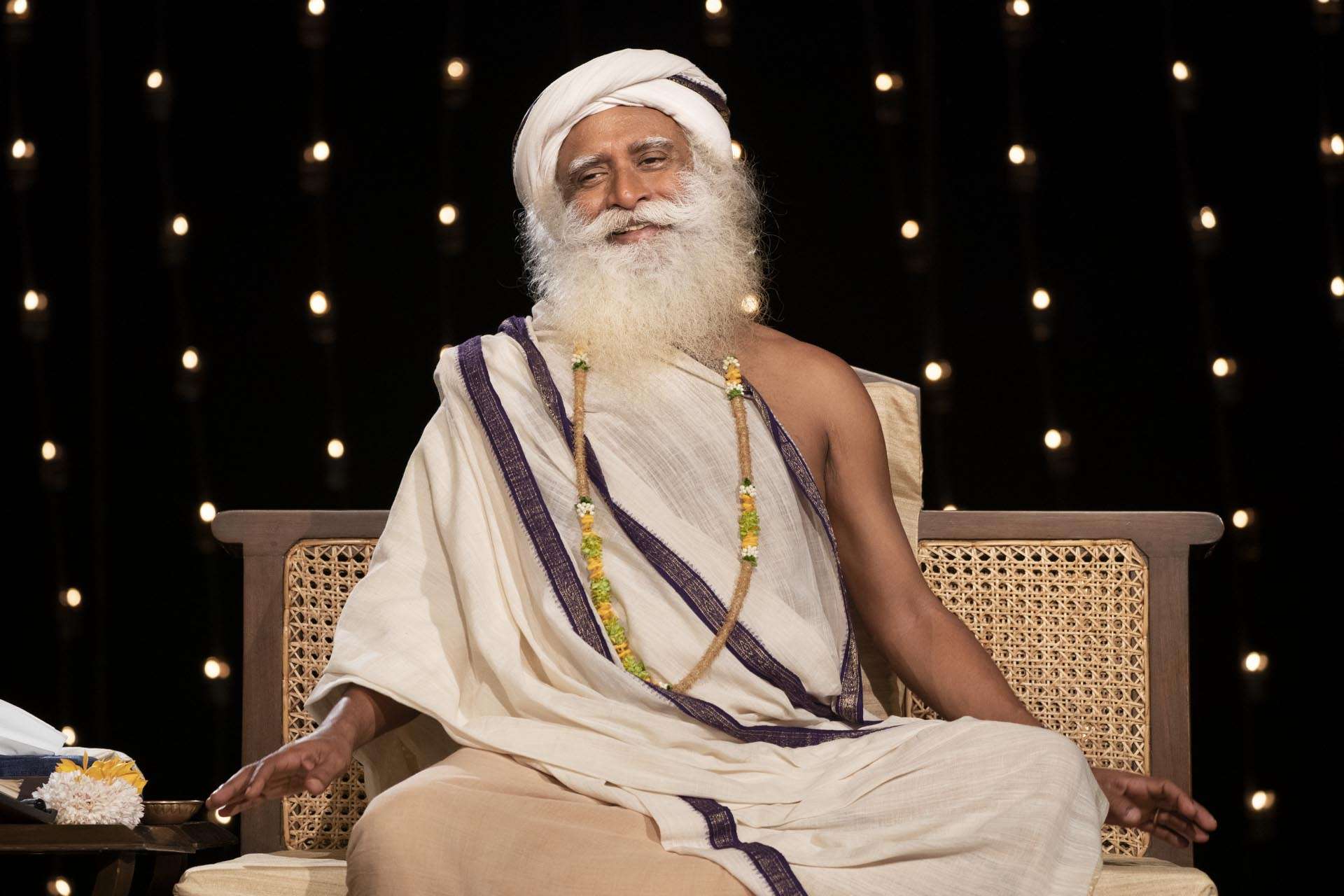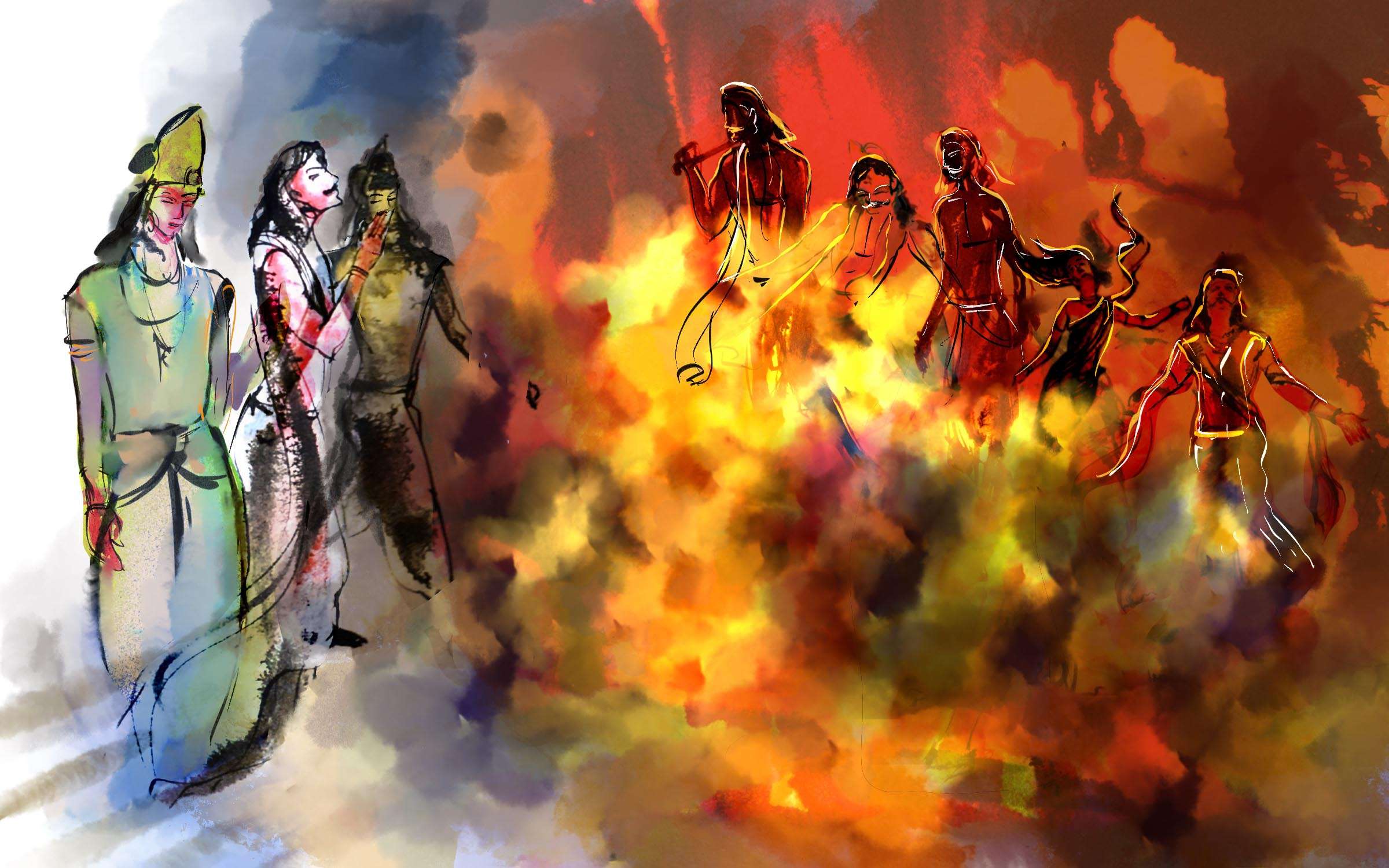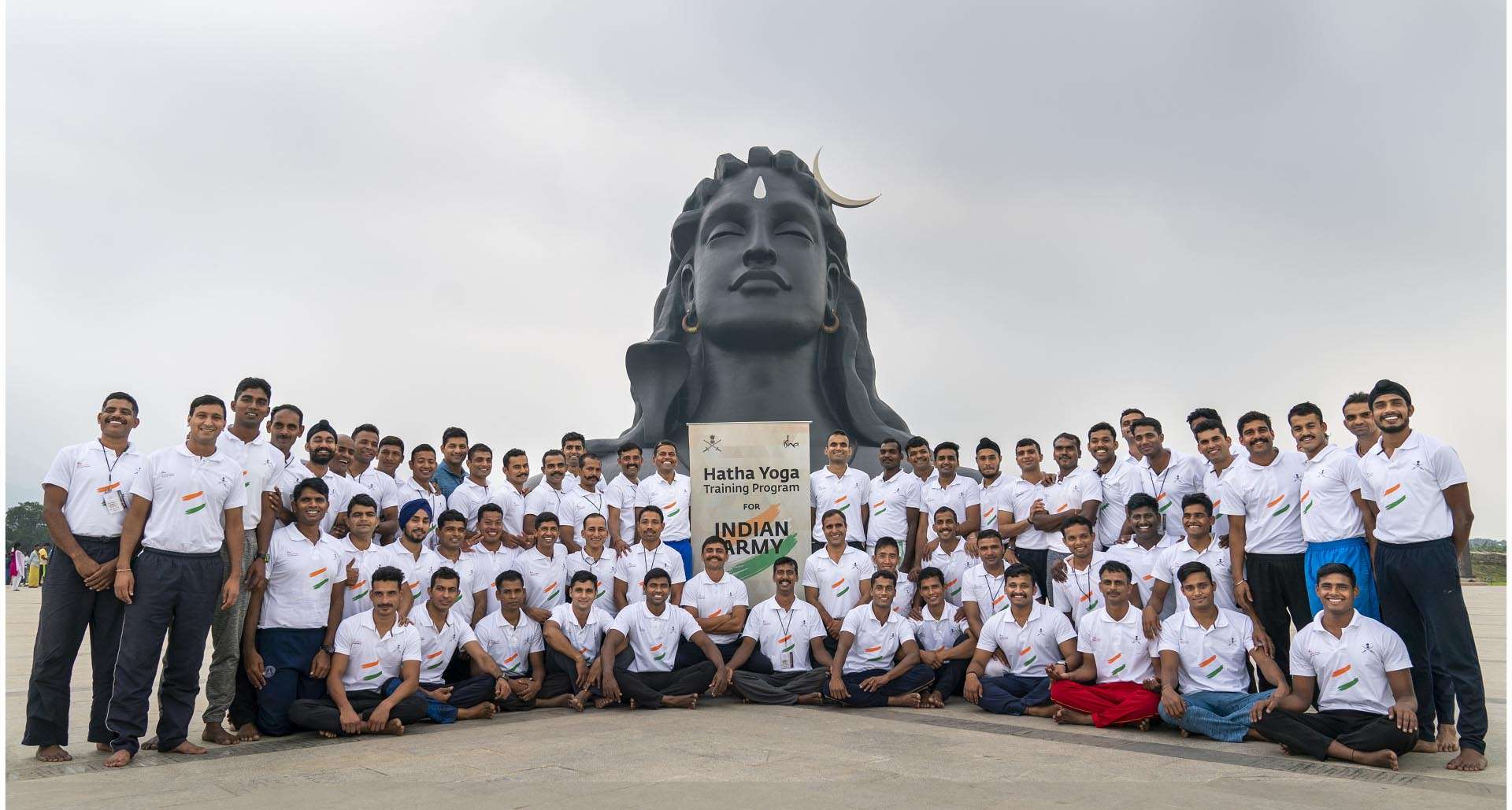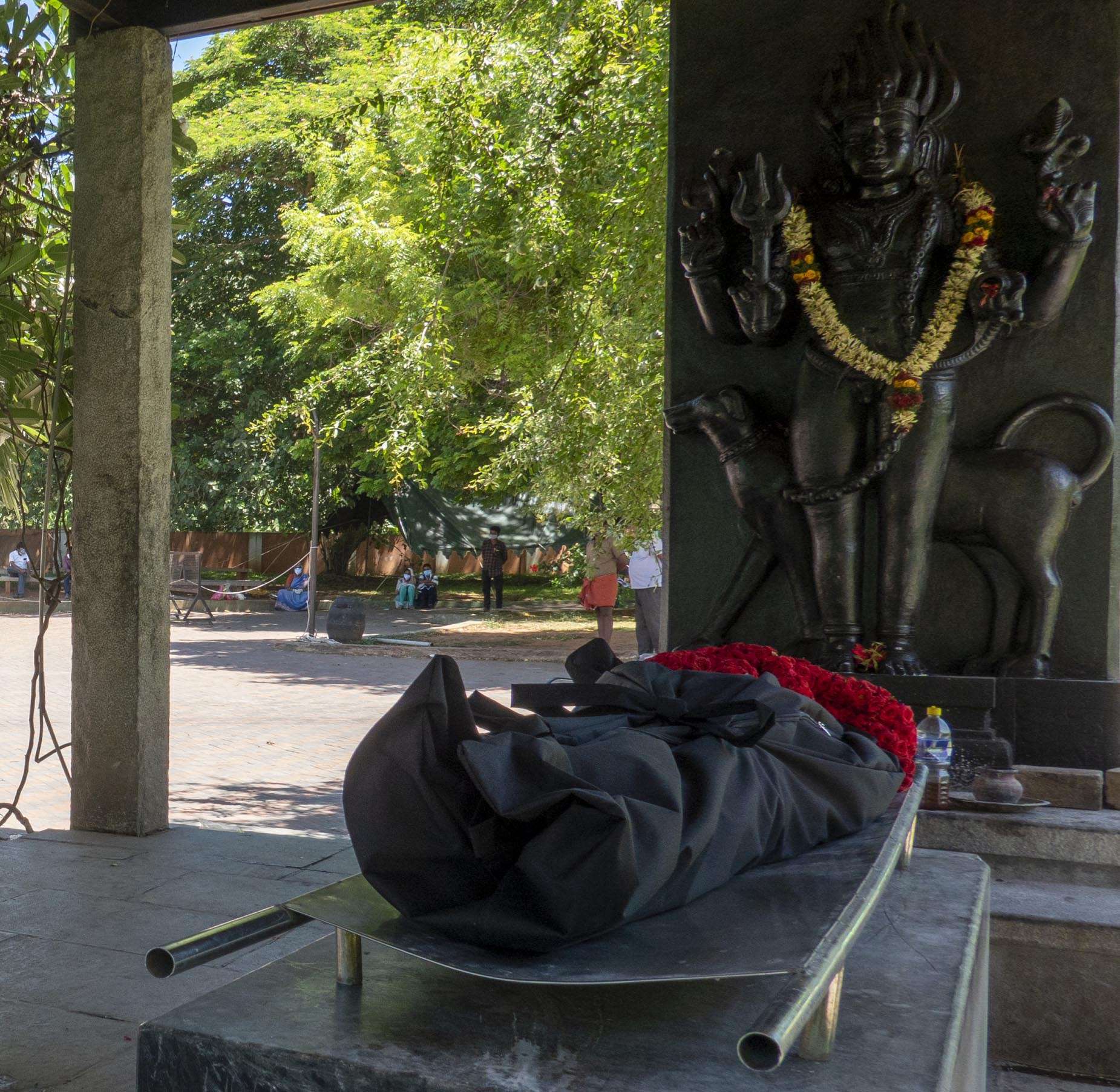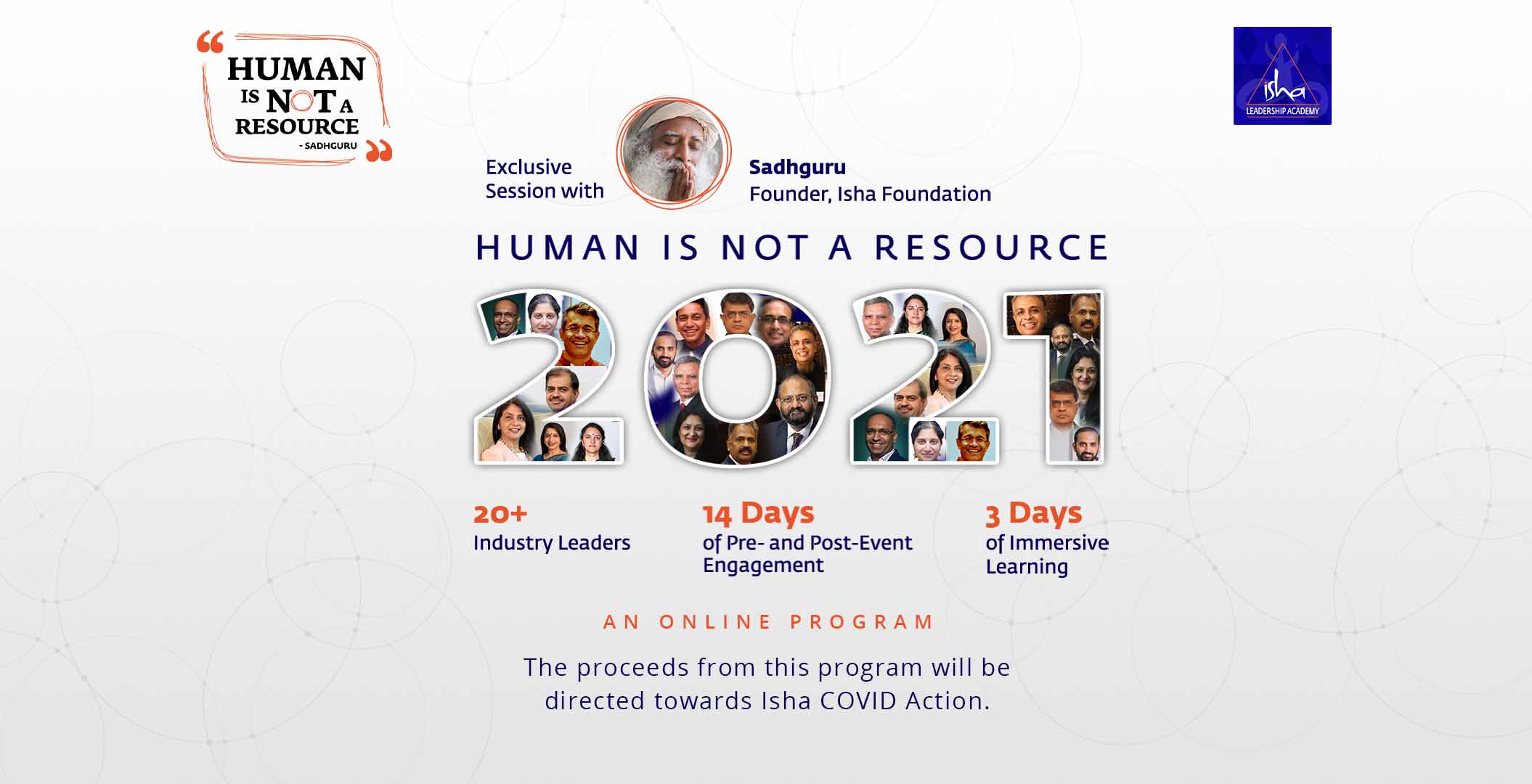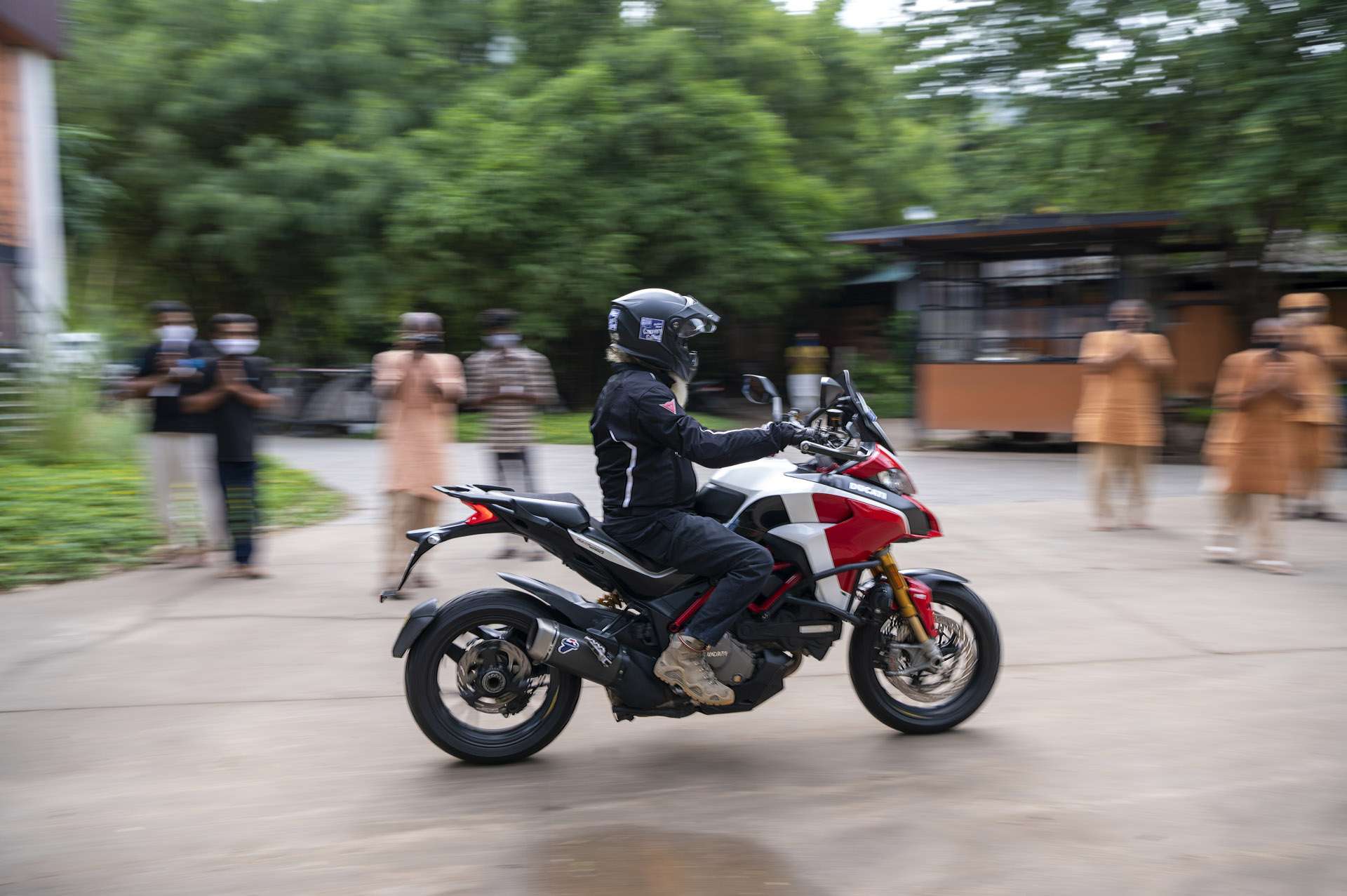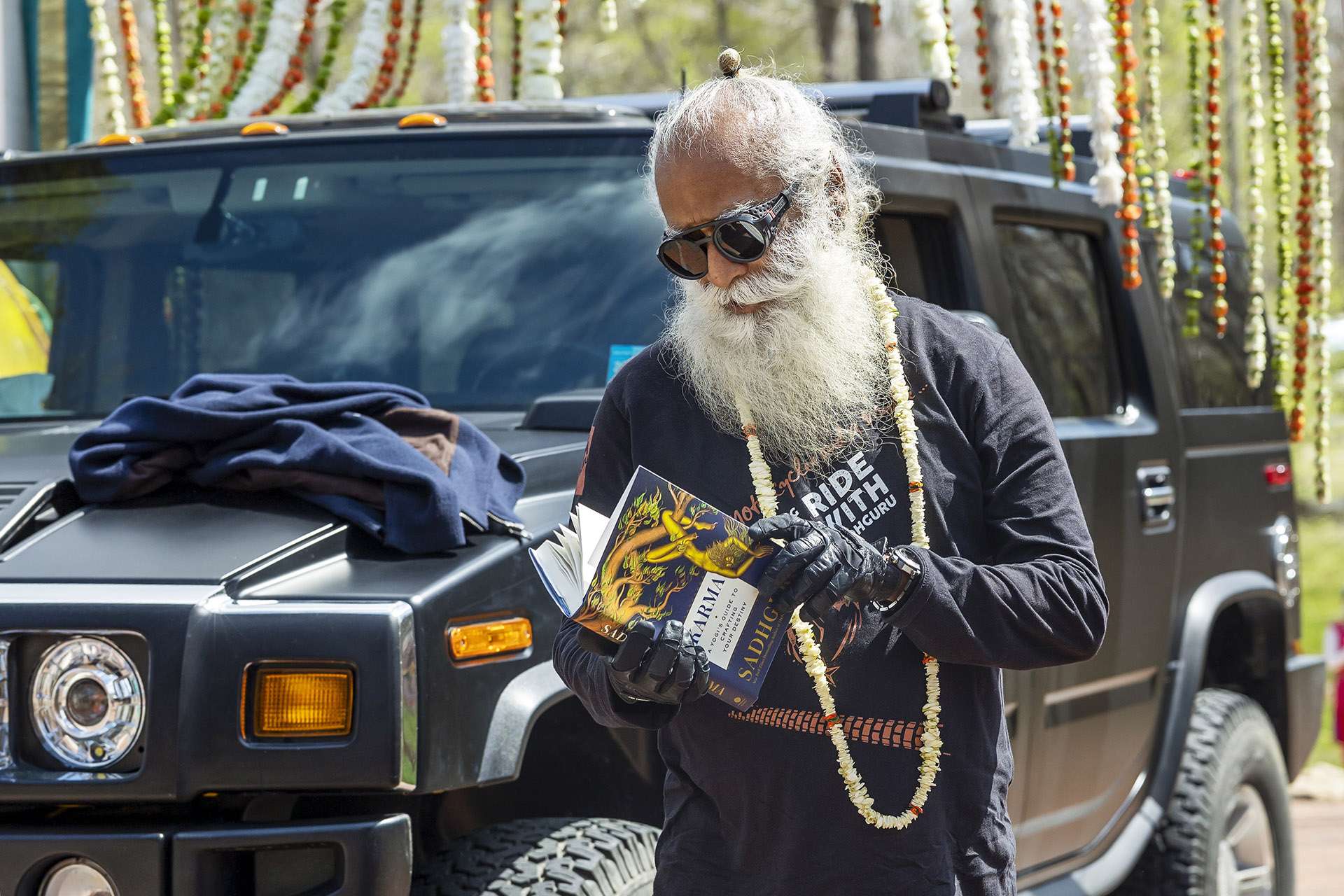Sadhguru’s Vision for the Living and the Dead
Swami Abhipada: Isha volunteers have been operating crematoriums with the Coimbatore corporation for the past ten years. We are running a total of eighteen crematoriums including a few in Chennai, Neyveli, and Namakkal. When the second wave of the COVID-19 pandemic hit India, we had a meeting with Sadhguru where he told us about the importance of offering dignity in death to people dying from COVID-19. He said, “Ensuring that these people pass on in the right ambiance is the greatest contribution you can make to them and their loved ones.”
With Sadhguru’s vision as our guiding light, we began cremating COVID-19 victims in twelve of the Kayantha Sthanams (cooperation crematoriums operated by Isha) in Coimbatore. Kaya means body, antha means end, and Sthanam means place. A Kayantha Sthanam is a place where the body ends. For us, it is not a social service. Sadhguru says that death is the last thing that happens to a person, and it happens only once, so we are determined to conduct it in a proper way.
